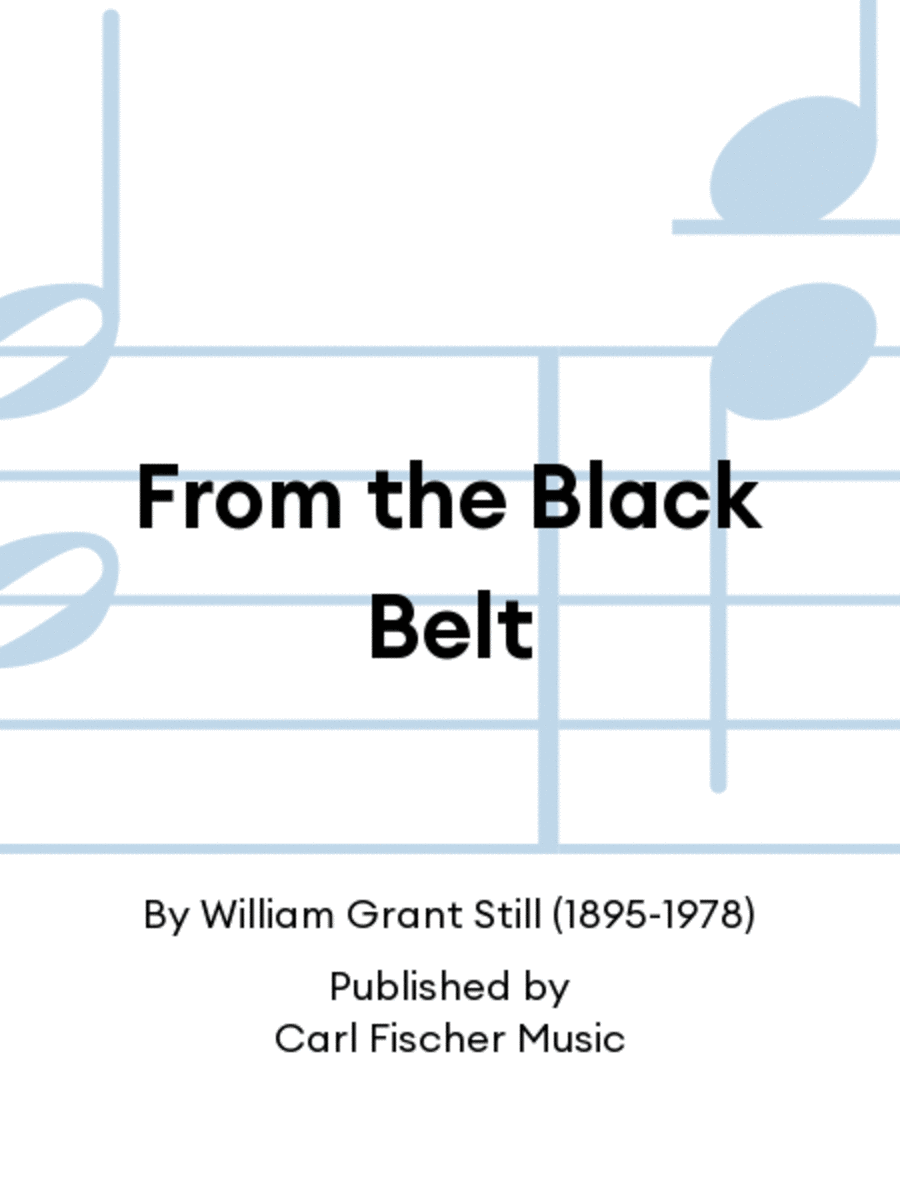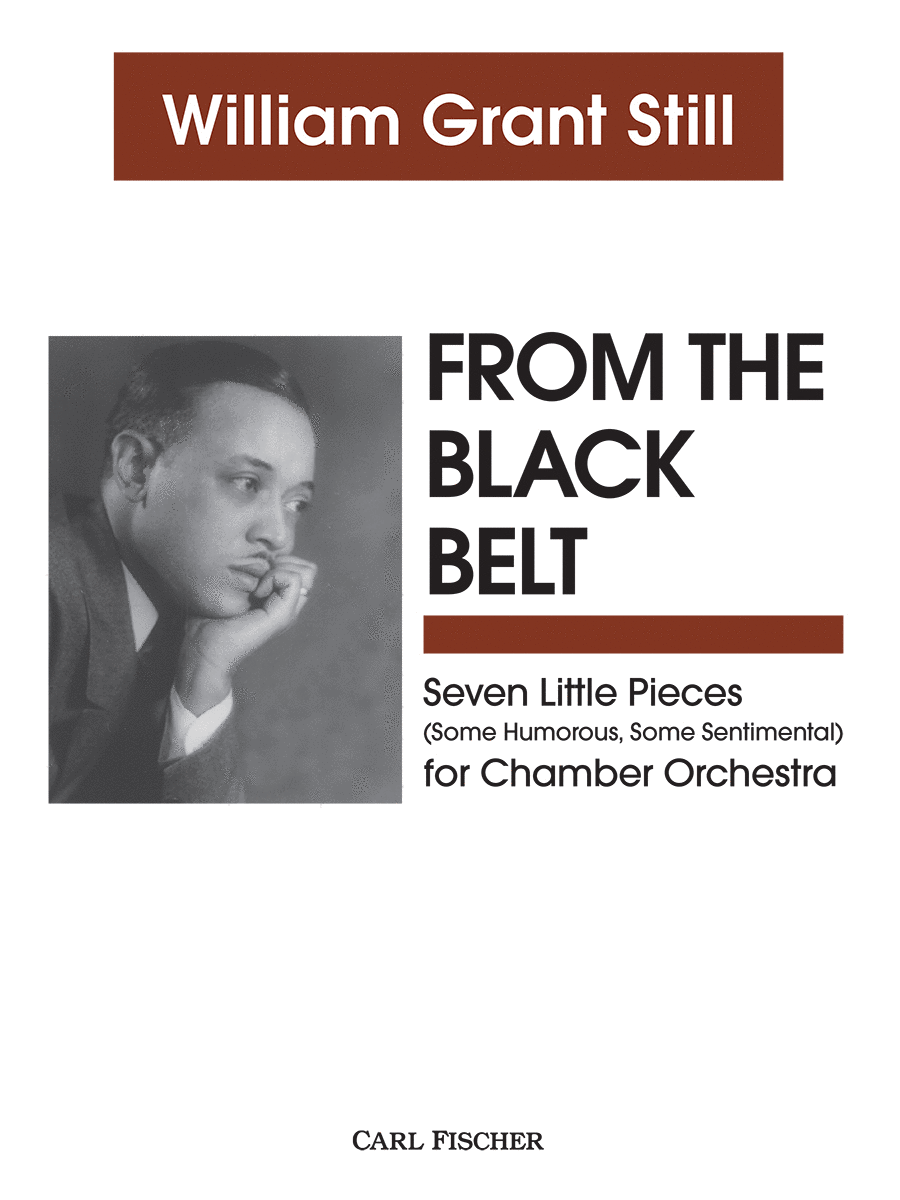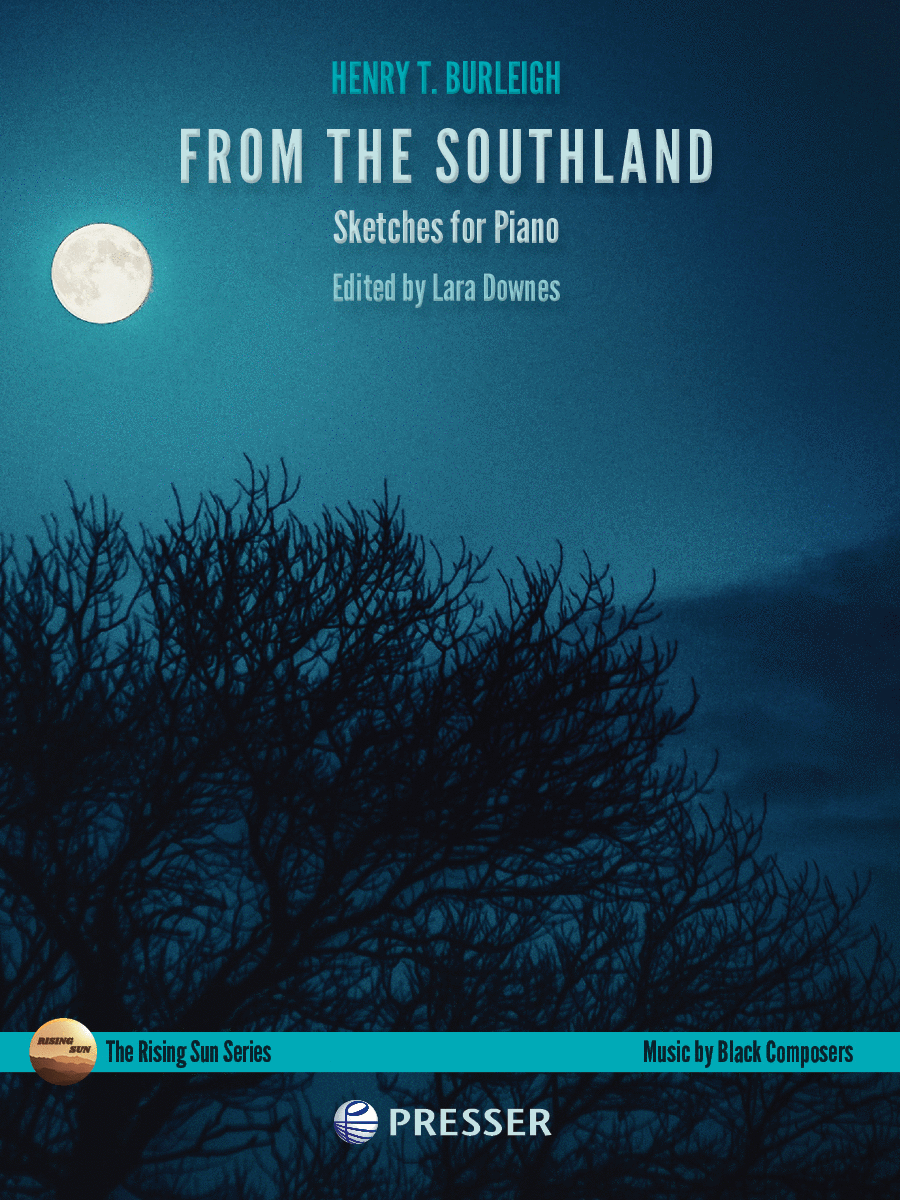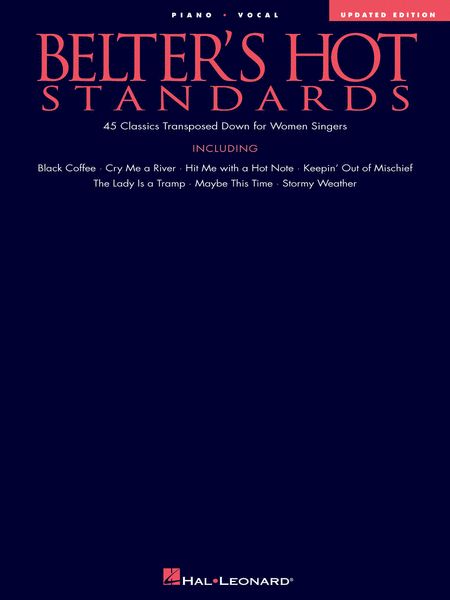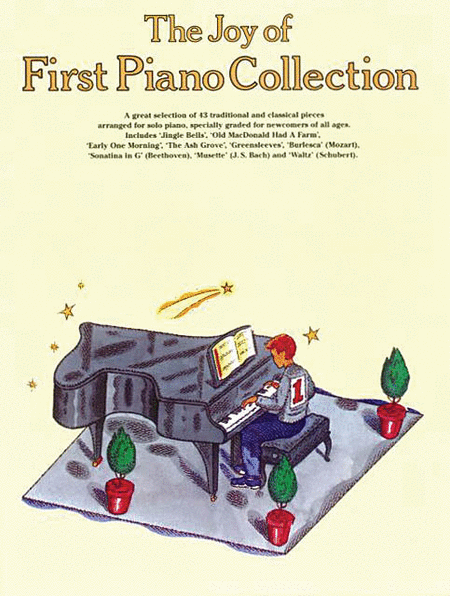Orchestra Bass Clarinet, Bassoon, Clarinet 1, Clarinet 2, Contrabass, Flute 1, Flute 2, Harp, Horn 1, Horn 2, Horn 3, Oboe, Percussion, Timpani, Trumpet 1, Trumpet 2, Trumpet 3, Viola, Violin 1, Violin 2, Violoncello
SKU: CF.SC89L
Seven Little Pieces. Composed by William Grant Still. Large Score. 36 pages. Duration 12 minutes. Carl Fischer Music #SC89L. Published by Carl Fischer Music (CF.SC89L).
William Grant Stillâs catalog of works comprises over 200 pieces, including five symphonies, nine operas, four ballets and numerous works for chamber ensembles. He initially found employment as an oboist in pit orchestras in New York City, later as an arranger of popular music for various ensembles, including those by William C. Handy, James P. Johnson and Paul Whiteman. His career as a composer was launched with a performance in 1931 of his Symphony No. 1 âAfro-Americanâ by the Rochester Philharmonic, conducted by Howard Hanson, who would remain a life-long champion of Stillâs orchestral works. By the 1950s the symphony had been performed in New York, Chicago, Los Angeles and various European capitals.This notoriety earned Still a Guggenheim Fellowship in 1934, after which he moved to Los Angeles. He is credited as the first African-American to conduct a major orchestra (the Los Angeles Philharmonic Orchestra), the first to have an opera performed by a major company (Troubled Island by the New York City Opera in 1949), and one of the first composers to write for radio, films and television. So numerous were his awards and accolades, including three Guggenheim Fellowships and a variety of honorary doctorates, that he was designated as the âDean of Afro-American Composers.âThe âBlack beltâ refers to a region in the southern United States that was distinguished by the color of its fertile soil. It was an area whose rich economy was based on cotton and tobacco plantations that were controlled by rich white people and worked by poor black laborers. Stillâs piece From the Black Belt from 1926 is presumably a musical representation of these laborers. He described its seven parts in the following ways:Â William Grant Stillâs catalog of works comprises over 200 pieces, including five symphonies, nine operas, four ballets and numerous works for chamber ensembles. He initially found employment as an oboist in pit orchestras in New York City, later as an arranger of popular music for various ensembles, including those by William C. Handy, James P. Johnson and Paul Whiteman. His career as a composer was launched with a performance in 1931 of his Symphony No. 1 âAfro-Americanâ by the Rochester Philharmonic, conducted by Howard Hanson, who would remain a life-long champion of Stillâs orchestral works. By the 1950s the symphony had been performed in New York, Chicago, Los Angeles and various European capitals.This notoriety earned Still a Guggenheim Fellowship in 1934, after which he moved to Los Angeles. He is credited as the first African-American to conduct a major orchestra (the Los Angeles Philharmonic Orchestra), the first to have an opera performed by a major company (Troubled Island by the New York City Opera in 1949), and one of the first composers to write for radio, films and television. So numerous were his awards and accolades, including three Guggenheim Fellowships and a variety of honorary doctorates, that he was designated as the âDean of Afro-American Composers.âThe âBlack beltâ refers to a region in the southern United States that was distinguished by the color of its fertile soil. It was an area whose rich economy was based on cotton and tobacco plantations that were controlled by rich white people and worked by poor black laborers. Stillâs piece From the Black Belt from 1926 is presumably a musical representation of these laborers. He described its seven parts in the following ways: Liâl Scamp If one were to base his judgment on the volume of sound, he would think this little fellow, who delights in playing childish pranks, a big scamp. But the aptness of the title is determined by the brevity of the piece rather than by the volume of sound. Honeysuckle A musical suggestion of the saccharine odor of the honeysuckle. Dance This title is self-explanatory. Brown GirlA tone picture of a lovely girl. Mah Bones Is CreakinâAn old man, afflicted with rheumatism, complains loudly. BlueThe lament of a weary soul. Clap Yoâ HanâsThe participants in a game for children form a circle and clap their hands at intervals.
Publisher : Carl Fischer$48.99 - See more - Buy online
 (AMERICAN COMPANY)
(AMERICAN COMPANY) 